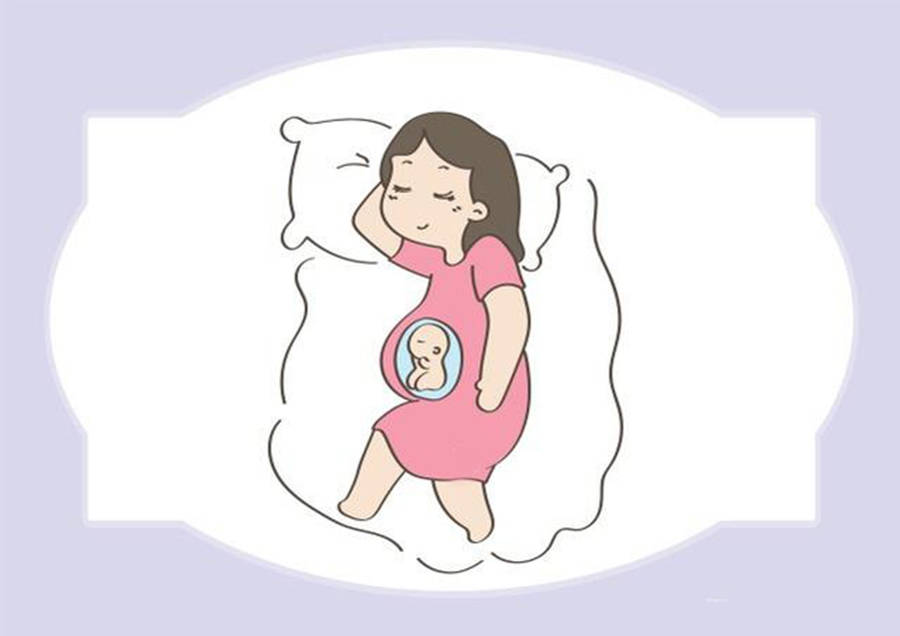With the changes in people’s living environment and lifestyle, the rate of infertility patients in our country has significantly increased, about 10-15%.
Abnormalities in female eggs, male sperm, and the anatomical structure or function of the male and female reproductive tracts may all lead to infertility. Among them, immunological factors related to infertility account for about 30%.
What is immunological infertility? The immune system is an extremely complex system that can be seen as the “guardian” of the human body. It constantly defends the normal metabolism and physiological functions of the body, playing an extremely important role in maintaining the stability and health of the body.
Sometimes the immune system may also experience “malfunction” or “misidentification,” such as abnormal recognition of the partner’s sperm or the woman’s own eggs, resulting in a rejection reaction. This rejection reaction can greatly reduce the activity and function of sperm and eggs, causing the failure of sperm-egg fusion leading to infertility, or producing “weak and feeble” fertilized eggs that cannot stably attach and root in the “soil” of the uterus, resulting in miscarriage. This is infertility caused by immune factors, known as immunological infertility, which can be simply understood as infertility caused by “allergy.”
Immunological infertility can be roughly divided into three categories: homologous immunity, autoimmune, and local immunity:
1. Homologous immunity: the female partner is allergic to the male partner’s semen.
In general, women do not often produce immune responses, with only about 15%-18% of infertile women having anti-sperm antibodies (the “weapons” that attack sperm) in their bodies.
Or due to female reproductive tract injuries and sexual activity during the menstrual period, immune reactions are easily triggered in the blood environment.
The male partner’s sperm and seminal fluid act as antigens, prompting the female body to produce antibodies, causing the sperm to clump together or lose activity, turning into a “pudding” that cannot pass through the “cervix.”
2. Autoimmune: the male’s own body attacks the semen or the female’s body attacks the egg.
The male sperm, seminal fluid, or female egg, reproductive secretions, hormones, etc., leak into the surrounding tissues, triggering an immune response in the body, producing corresponding antibody substances, affecting sperm vitality or egg maturation and ovulation.
3. Local immunity: parts of the female reproductive tract attack the male’s sperm.
The female reproductive tract is a difficult and tortuous pathway, including the vagina, cervix, and uterus. Any part of the mucous membrane or secretions may “abnormally attack” the male sperm, causing them to lose vitality and leading to infertility.
How to treat immunological infertility?
1. For women allergic to male semen, monitoring the mentioned antibodies can help. When the antibody levels decrease, intercourse during ovulation or artificial insemination can be considered.
2. For men and women experiencing autoimmune attacks, immunosuppressive therapy can be carried out under the guidance of obstetricians/gynecologists and urologists to reduce attacks on male own sperm or female own eggs, maintaining the vitality and function of sperm and eggs.
For example, adrenal corticosteroids have anti-inflammatory properties and interfere with “attacking” cells, thus used in the treatment of immunological infertility.
3. For females with local immunity issues, processing the male’s semen outside the body, isolating high-quality sperm, and then placing the sperm in an immune-free area can be an approach.
4. Traditional Chinese medicine is widely used in the treatment of immunological infertility.
According to traditional Chinese medicine, kidney deficiency is the main cause of immunological infertility. Most cases of immunological infertility involve kidney deficiency with blood stasis, yin deficiency with excessive yang, qi stagnation with blood stasis, and damp-heat. Treatment usually involves tonifying the body while expelling the pathogenic factors, focusing on kidney treatment throughout, and applying methods to soothe the liver, invigorate the spleen, clear heat, detoxify, promote urination, and resolve stasis simultaneously.
5. Assisted reproductive technologies.
If the above methods are not effective, in vitro fertilization can be employed, where high-quality eggs and sperm are cultured outside the body to form embryos. By this stage, the embryos have already formed a protective transparent zone that can prevent immune reactions, allowing for their placement in the uterus for implantation and growth.


